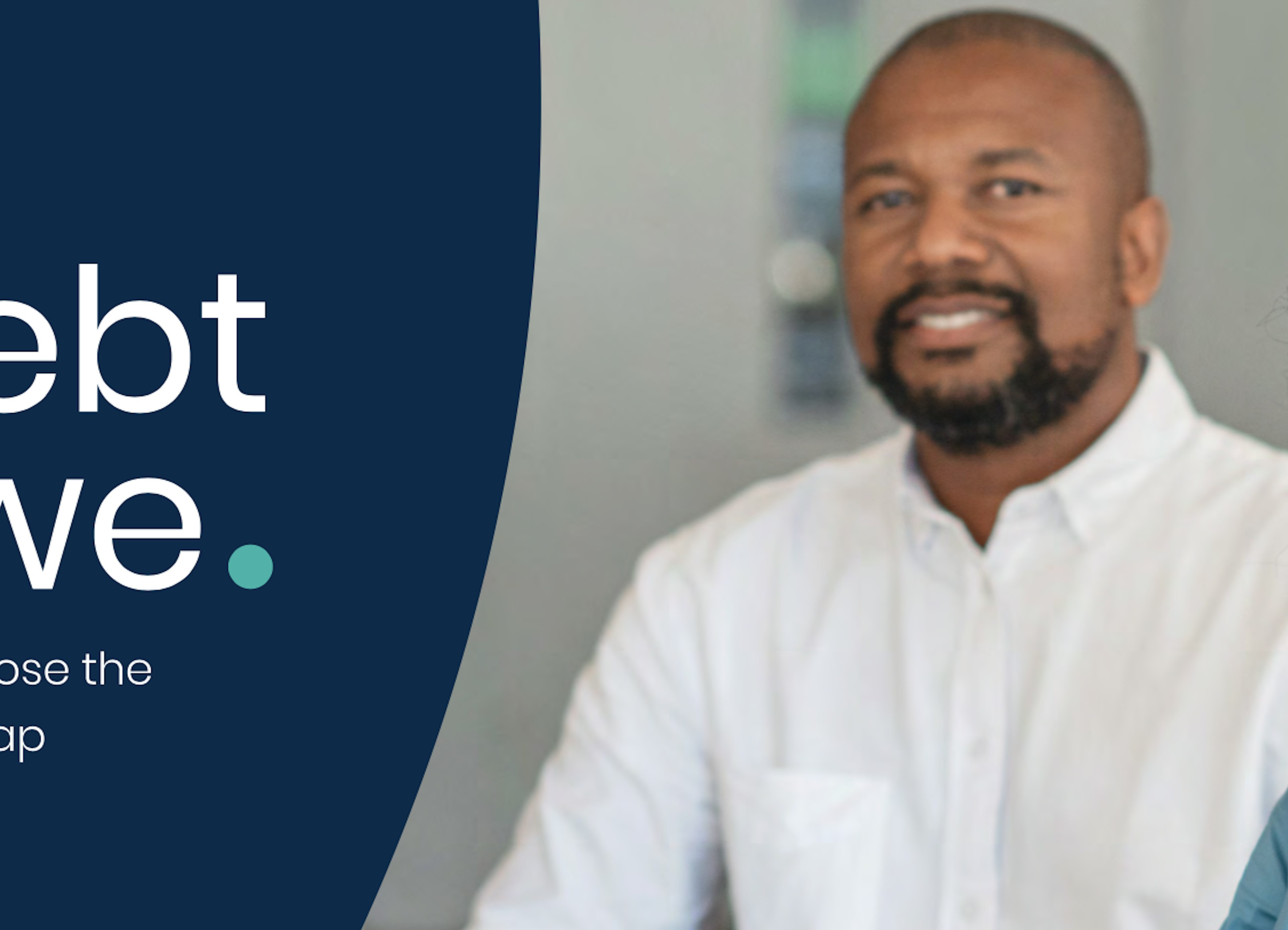Key Takeaways
Debt may affect your ability to contribute to your retirement savings
Many times, the interest rate you’re paying on debt is higher than the return you might expect on your retirement saving
While there’s no easy solution to this question, it’s may be wise to ask yourself a few questions about your personal situation
Pay off debt or contribute to a 401(k)? This is an important question many Americans have to evaluate for those with debt who are still worried about saving for retirement. There are many considerations when pondering this question, such as how much money to direct towards your debt versus how much towards retirement, and when.
In this article, we’ll lay out some information to help you understand what’s involved in making this decision. We’ll look at your mind and your money. And we’ll investigate how to decide whether to contribute to your 401(k), pay off debt—or do both.
Should I contribute to my 401(k) or pay off debt?
There’s no easy solution to whether you should contribute to your 401(k) retirement account or pay off debt, as they both have upsides and downsides. Sometimes, the answer to this question depends on personal preference and circumstances. Some people feel comfortable borrowing large sums of money for mortgages or businesses—and may feel comfortable still contributing to a 401(k) while also gradually paying off their debt. Others may prefer to use the snowball method, which involves paying off small debts first, then larger debts, before saving for retirement.
If you have low-interest rate loans and expect higher returns on the investments in your 401(k), it may be a good strategy to contribute to your 401(k) while chipping away at your debt—making sure to prioritize paying off high-interest rate debt. But if your debt carries high-interest rates, it may make sense to pay it off aggressively. After you’re debt-free, you can ramp up the 401(k) contributions.
If your employer matches your contribution into the 401(k), regardless of your debt levels, you should generally be trying to contribute enough money to receive your employer match. If you don’t contribute, you’re missing out on free money. When comparing your own debt interest rates with expected returns on investments, evaluate your personal financial situation, look at your investment choices within your 401(k), and carefully review their objectives, expenses, and risk exposures. It’s important to note that investing comes with risk, including the risk of loss.
Low-cost 401(k) with transparent pricing
Sign up for an affordable and easy-to-manage 401(k).
How debt can affect your retirement nest egg
Let’s look at the facts. According to the SSA, the average monthly Social Security benefit was $1,703.44 in September 2024. Very few people can live on Social Security alone, so it’s often on the individual to shore up their finances for retirement.
If you have debt—be it credit card debt, student loan debt, or another type—those payments affect your ability to contribute to your retirement savings. Many times, the interest rate you’re paying on your debt is higher than the return you might expect on your retirement savings. For example, if you assume a 7% rate* of return on your investments and the interest rates on your debts are higher than 7%, you could lose money if you choose to invest instead of paying down debt.
To illustrate, let’s assume that Julian has $20,000 in credit card debt and he’s paying an average 18% interest rate on that debt. If he invests that money, instead of paying down his debt, and receives a return of 7% on average for his investment dollars, he’s losing 11% (18-7=11) on the money he’s choosing to divert towards investing in lieu of paying off his debt. Remember, unlike the tangible benefits of paying down your debt, investment returns are not guaranteed and the money you invest is always subject to risk, including loss.
How should you prioritize contributing to your 401(k)?
The reality is that many people with outstanding debt don’t have the funds to completely pay off their debt immediately. In many cases, they may even have a negative net worth. Here’s where your mind comes in.
Before you move forward in your financial life, you need to make some important decisions. You have limited income and vast financial wants and needs. On the income side, you need a job and on the expense side, you must pay your rent, food, insurance, transportation, and debt payments. The remainder of your spending is discretionary.
How you allocate your money now can influence the rest of your financial life. Your habits, when practiced over time, can become permanent. For instance, if you continually finance your “wants” with credit, that behavior can become permanent and lead to a lean financial future. Now is the time to ask yourself some questions:
Are you willing to set aside some near-term wants to improve your long-term financial health?
Can you set goals around budgeting, spending, and saving? And can you stick to those goals to help pay down debt and save for your future?
If you are looking to improve your long-term financial health, then you may have to spend less today to free up cash for debt repayment. That means you need to learn to set goals, create a budget, and exercise spending discipline—so you can have a better chance to pay down debt and save for your future. This is where the hard decisions come, and you’ll need to learn to say “no” to yourself. Train yourself now, to exercise discipline, and it’ll be easier to pay off your debt and contribute to retirement.
Of course, you may want to consider consulting a financial advisor to help you customize a strategy to help you balance debt payoff and retirement contributions. An advisor may be able to help you navigate those bigger questions and how to optimize contributions to an IRA or 401(k).
Should I withdraw early from my 401(k) to repay debt?
Withdrawing from a 401(k) to repay debt might seem tempting, but it may not be a wise financial choice due to the long-term consequences. Not only do early distributions trigger an early withdrawal penalty—typically 10%—but you’ll also owe income tax on the amount withdrawn, leaving you with potentially less money than you intended to use for debt repayment.
This strategy can sacrifice valuable retirement growth because funds left in a 401(k) grow tax-deferred, potentially yielding a higher rate of return over time than the cost of most personal loans or lower interest rate debt. Additionally, pulling from your retirement savings early can impact your tax bracket and even reduce your credit score.
The bottom line
There’s no perfect answer to the question: “Should I pay down my debt, or should I save for retirement?” While debt itself is not inherently bad, it may affect your ability to save for retirement. If the interest you are paying on your debt is higher than the expected return on your investments, you should think about shifting some of that money from your investments towards paying down higher interest-bearing debt. Making these decisions often requires asking difficult questions about your personal finance strategy and making certain lifestyle changes now to improve your future retirement plan.
Low-cost 401(k) with transparent pricing
Sign up for an affordable and easy-to-manage 401(k).

Article By
Ronnie CoxAs Investment Director for Human Interest Advisors (HIA), Ronnie’s responsibilities include market and economic commentary, analytical tooling and reporting oversight, and the investment manager search, selection, and monitoring processes. He chairs HIA’s Investment Committee, which sets strategic policy and direction of HIA's investment services.


